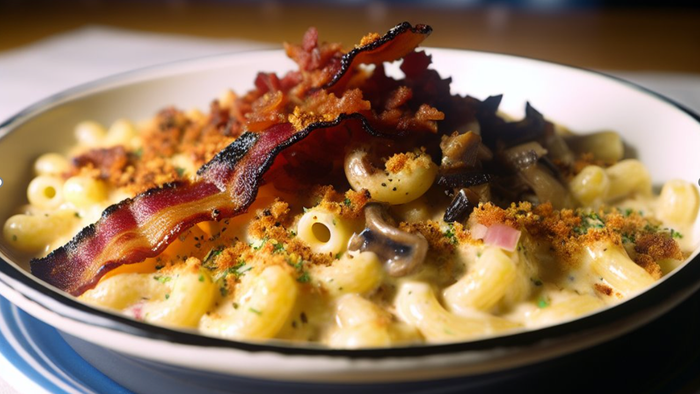Should You Ever say No to Potential Customers?Should You Ever say No to Potential Customers?
January 18, 2016

One key to catering success is understanding exactly what kind of work you should take, and what kind you should politely decline. If you are a restaurant owner, I know this probably sounds quite foreign to you. Those of us who come from a restaurant background could never have too many customers. A line around the block, multiple parties of 20, and huge carryout orders are our perfect storm.
 We would never think deliberately turning away business. In the corporate catering world, however, this is exactly what intelligent operators sometimes do. Corporate catering is a specialty business, and if we travel too far away from the parameters that have made us successful, we can fail.
We would never think deliberately turning away business. In the corporate catering world, however, this is exactly what intelligent operators sometimes do. Corporate catering is a specialty business, and if we travel too far away from the parameters that have made us successful, we can fail.
In my earlier years I often wrestled with questions like this. We were great at drop-off buffets, box lunches, continental breakfasts, and a wide variety of sandwich platter offerings. We dealt with knowledgeable business people who wanted great food delivered on time and we built a great business doing just those things.
Every so often, however, an employee of a good customer, a family friend, or even someone who was looking for caterers online would call us about an odd event. One call I received was about a clambake. I have described this situation in my book, and rather than repeat that story here, I encourage you to read about it when you decide to get a copy of my book, Lessons Learned From Our Mistakes.
Aint nobody here but us chickens
Anyway, a similar scenario played out when one of my clients received a phone call from a church festival committee. Their rotisserie chicken vendor had retired and they were looking for a new caterer for their yearly event. The chicken had to be roasted on site, but the church guys knew all of the details—how many chickens needed to be cooked, when they would be served, how many patrons would come to the event, and even where to set up the cooking lines. The church was handling everything except the actual chicken cooking.
My client had never rotisseried a chicken in his life, but he thought, sort of like Homer Simpson, "Hmmm...chicken, grill, skewer, motor, charcoal—no problem!" He called a few rental companies, secured the rotisserie equipment, ordered the raw birds, took his best cook, and went to the event.
As was his style, my client set the event up and was not going to leave until he was sure that nothing could go wrong. The first few batches of chickens were browning nicely on the roasters, and his cook had already been told where the church kitchen warming drawers were. All the cook had to do was keep cooking and filling the drawers, so my client, albeit a little uneasy, felt it was safe to leave.
Unfortunately, the event unfolded slowly, and the cook slowed with it. Then, at around 3:00 p.m. in the afternoon my client got "the call."
"The call" is dreaded by caterers and I don't need to explain it any further. The short of the call was, "I ran out of chicken; it wasn't busy but apparently I was supposed to fill up the warming drawers anyway. Then the wind shifted and the charcoal would not heat properly. The church people are really mad. I have five cases of raw chicken that I can't cook fast enough, there is a line out to the street and the church lady wants to talk to you NOW!"
There was no nice end to that disaster and needless to say, my client had learned the hard way to stay away from things he really didn't know how to do. He now understands that just because someone wants food catered doesn't mean that any given caterer should agree to take that particular job.
When we go outside of our knowledge realm, we run a higher chance of failure. Interestingly, the great caterers know this. I can't tell you how many large box lunch jobs I have done for my city's top social caterers. Sure they can make 200 sandwiches, wrap them, and put them in boxes with three side orders, but they don't want to. It would slow them down and distract them from what they do best—which is serving thousands of guests for $75 per person or more. A $1000 box lunch order doesn't interest them, nor should it.
As a corporate caterer, you already know that all orders regardless of size need to be treated with the same respect. Don't set yourself up for failure by agreeing to do something that will sap your time, energy, and could subsequently even damage your great reputation.
Michael Rosman is a member of the Catersource Consulting Unit. If you would like information about these services or to schedule him for an on-site consultation at your location, please email Carl Sacks at [email protected]. His book, Lessons Learned From Our Mistakes – and other war stories from the catering battlefield is available through Amazon.
You can visit Michael’s website at www.TheCorporateCaterer.com, email [email protected], or call 781-641-3303.







